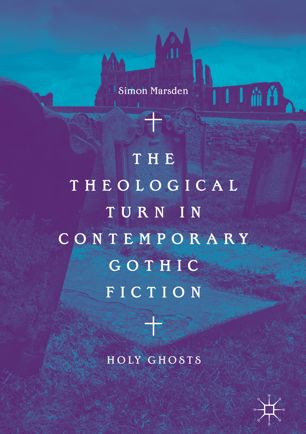

Most ebook files are in PDF format, so you can easily read them using various software such as Foxit Reader or directly on the Google Chrome browser.
Some ebook files are released by publishers in other formats such as .awz, .mobi, .epub, .fb2, etc. You may need to install specific software to read these formats on mobile/PC, such as Calibre.
Please read the tutorial at this link: https://ebookbell.com/faq
We offer FREE conversion to the popular formats you request; however, this may take some time. Therefore, right after payment, please email us, and we will try to provide the service as quickly as possible.
For some exceptional file formats or broken links (if any), please refrain from opening any disputes. Instead, email us first, and we will try to assist within a maximum of 6 hours.
EbookBell Team

0.0
0 reviews
This study examines theological themes and resonances in post-1970 Gothic fiction. It argues that contemporary Gothic is not simply a secularised genre, but rather one that engages creatively – and often subversively – with theological texts and traditions. This creative engagement is reflected in Gothic fiction’s exploration of theological concepts including sin and evil, Christology and the messianic, resurrection, eschatology and apocalypse. Through readings of fiction by Gothic and horror writers including Stephen King, Joyce Carol Oates, Peter Straub, William Peter Blatty and others, this book demonstrates that Christianity continues to haunt the Gothic imagination and that the genre’s openness to the mysterious, numinous and non-rational opens space in which to explore religious beliefs and experiences less easily accessible to more overtly realist forms of representation. The book offers a new perspective on contemporary Gothic fiction that will be of interest to students and scholars of contemporary Gothic and of the relationship between literature and religion more generally.